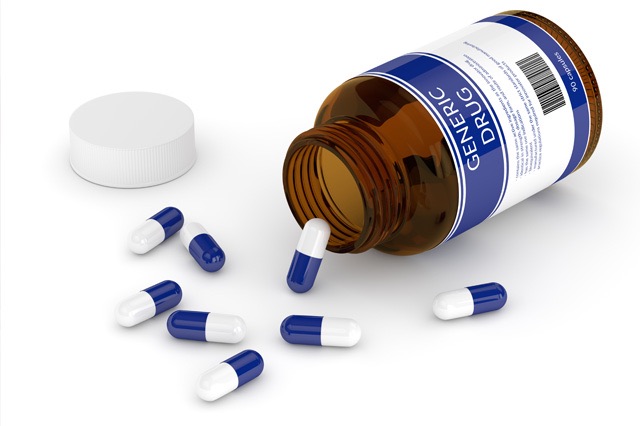- By Katie Wray, Immix Group
- Nov 15, 2015
Discussions surrounding prescription drugs tend to take up a large part of any employee benefits renewal meeting. On average, for a typical Canadian small business, prescription drug claims make up 50-70% of the extended health care claims in any given renewal year.
Over the past few years, we have been especially focused on discussing the changing role of generic drugs and building greater awareness. Effective April 1, 2014, the price of generic drugs in BC was reduced to 20% of the brand name price for the equivalent drug. The reduction in the price of generic drugs was part of a five-year agreement that began in 2010; prior to the agreement in 2010, generics were 60-70% of the brand name price. This gradual reduction offers a significant cost savings to British Columbians and employer sponsored health plans.
Education, and subsequently, the mindset around generic drugs has come a long way since legislation was first introduced. Working in the employee benefits industry, we have attended multiple education sessions and receive constant communication were the sole focus is generic drugs.
As your benefits consultant, it is our role to educate employers and their employees so informed choices can be made.
Over the past several years, many insurance carriers have made the switch to mandatory generic substitution for all of their clients. What this means is that while other carriers offer the option to switch to a generic drug plan, it is usually accompanied by a small rate decrease.
The question is why doesn’t everyone make this change? Why is there still resistance?
Although the opposition to generics has decreased, from time to time we still encounter hesitation from plan administrators when discussing the option to implement a mandatory generic substitution plan.
The following are the 3 biggest misconceptions we have encountered surrounding generic drugs:
Myth #1- Generic drugs are not as effective or as safe as their brand name equivalents
A brand name drug and a generic drug must meet the same standards set by the Health Protection Branch of the Federal Government. Generic drugs are required by the FDA to have the same strength, quality and purity as their brand name equivalent. Generics are also required to scientifically show that their product performs in the same manner and delivers the same amount of active ingredients into the patient’s bloodstream in the same amount of time as the brand name drug.
Myth #2- Generic drugs are often made in substandard, less modern facilities
The FDA conducts over 3,500 facility inspections per year to ensure their production standards are met. Approximated 50% of generic drugs are actually produced by the same firm in the same facilities that the brand name drug is produced in. Additionally, it is not uncommon for the producer of the brand-name drug to manufacture a generic equivalent once the drug is off-patent in order to maintain market share.
Myth #3- Generic drugs result in more negative side effects and allergic reactions
The difference between brand name drugs and generic drug composition lies in the non-active, non-medicinal ingredients (dies, fillers etc.). Individuals may have adverse reactions to the non-medicinal ingredients of the generic drug or the brand name drug. That being said, the non-active ingredients in both brand and generic drugs are regulated by Health Canada and must pass the same approval process.
So why do generic drugs cost less?
The reason for the substantial price difference is that generic drug producers do not have to repeat the extensive research, testing, trials, advertising and promotions that the pioneer drugs are subject to. Patents for prescription drugs are 20 years in Canada. Once a patent expires on a brand name drug, producers can apply to produce a generic version of that drug.
Over half of all prescriptions in Canada are filled using a generic drug and this is likely to increase as more widely prescribed drugs come off patent over the next several years.
After clearing up any misconceptions people may have, the bottom line that we try to emphasize is that the only difference between brand name and generic drugs is the price!
For more information on generic drugs please visit: www.canadiangenerics.ca
Sources: http://www.choosinggenerics.ca/Myths.aspx
http://www.canadiangenerics.ca/en/resources/if_brandvsgeneric.asp
http://www.hc-sc.gc.ca/hl-vs/iyh-vsv/med/med-gen-eng.php





